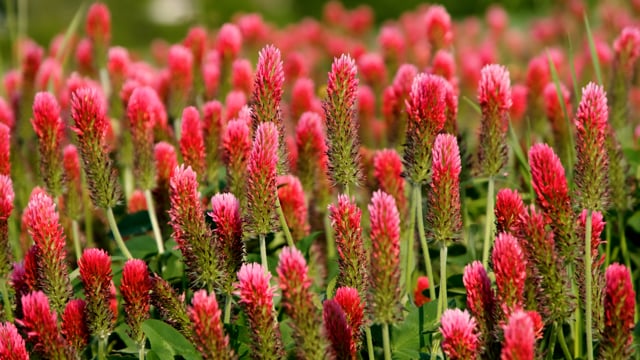
Ms Thomson says most plant options are sold in small pots, which could set you back more than traditional turf, particularly when they'll need to be planted quite close together.īut you can also grow plants from runners. "It's worth investing a bit of time into getting some organic matter forked through the area you're wanting to plant out, then just level it off as best as you can," Ms Blackman says. "You'll find the rate of growth is significantly better in spring, you're going to live for a little while with it being kind of bare dirt," she says. Spend winter preparing your new lawnĭepending on where you live, horticulturalist Carolyn Blackman says you might need to wait until the weather gets a little warmer to swap out your ground cover.

We've rounded up a few alternatives, so you can tell your lawn to get turfed. "If you're wanting to host summer barbecues in your backyard, and you want to be playing cricket, or you want the kids to have soft green stuff under their feet, you want to have something that looks really good in the summertime as opposed to the wintertime." "You also need to ask when you want it looking the best," Ms Thomson says. Use a fertilizer that is specifically designed for clover (with very low or no nitrogen concentration) and apply it according to the directions,' the expert says."Do you want lush green, do you want flowers, do you want minimal maintenance?" 'Fertilizing your clover lawn is important for its health and growth. Since it doesn't need fertilizer or much water, it's also good for the planet. She recommends watering the clover regularly, 'but make sure to not over water as this can lead to rotting.' 5. Clover is becoming popular because it looks magical but doesn't require as much care as regular lawns. Taylor recommends spreading the seeds evenly over the area before covering them with a thin layer of soil. Once you have finished preparing the soil, it is time to plant the seed. A clover lawn is a type of grass-alternative lawn made of clover plants, explains Jeremy Yamaguchi, CEO and gardening expert at Lawn Love. 'This will help the clover take root and provide the necessary nutrients for growth,' Taylor says. Firstly, you need to till the soil to help with drainage and ensure the clover will have enough nutrients to survive.Īfter this, you should add some organic matter, such as compost or manure, to the soil. There are two main preparation steps to get your soil ready for the clover. This can be done with your best lawn mower, but in some cases, you may also need to use a weed killer to get rid of stubborn grass. Get rid of existing grassīefore planting your clover, you will need to remove any existing grass that would be in its way. 'Each variety has its own characteristics, so consider your location and climate before making a decision.' 2.

'There are a few different types of clover that you can choose from, including white, red, and Dutch clover,' she says. Moss is an alternative groundcover to grass or clover if you have the right environment, says Elle Meager, master gardener, Outdoor Happens blogger and teacher. To begin, Taylor recommends finding the best type of clover for your garden. Here are some ways that homeowners are looking at native landscaping and alternatives to traditional lawns to help Mother Nature and their budgets at the same time. Some homeowners are choosing to foster clovers, specifically white clover, in their lawns alongside other. But what does this low-maintenance garden idea involve? These steps are a great place to start. What Is a Clover Lawn Clover is a dense ground cover known for shamrock leaves. Growing a clover lawn is a simple way to create a wildlife garden without having to use a lot of water and resources.
#Clover lawn how to#
(Image credit: Alamy) How to grow a clover lawn Clover has leaves with three leaflets and creeping stems that set roots at whatever point they touch the ground. This can help create a healthier ecosystem in your garden, as these beneficial insects help to pollinate your plants and control pests,' Taylor says. Clover flowers are a great source of nectar and pollen for attracting bees, butterflies, and other beneficial insects. 'Clover lawns are also great for attracting beneficial insects to your garden. So, while you may have wondered how to get rid of clover on a lawn, the growing awareness of its benefits may make you rethink your choice. This means that you don't need to use chemical fertilizers to keep your clover lawn looking its best,' she says. 'Clover is a natural fertilizer, providing essential nutrients to the soil that can help improve its quality.
:max_bytes(150000):strip_icc()/__opt__aboutcom__coeus__resources__content_migration__treehugger__images__2018__07__clover-meadow-75d0cadd3b094b3f9c50f6e2c0cfb6ce.jpg)
He adds that clover is also tolerant of drought and shade, meaning it is a good option for gardens that face difficult growing conditions.Įxpert Taylor Galla from Garden Aider agrees.

'Clover is a nitrogen-fixing plant, so it can help fertilize your soil and reduce the need for chemical fertilizers,' says Rhys Charles, I am the founder and CEO of Mower On the Lawn.


 0 kommentar(er)
0 kommentar(er)
